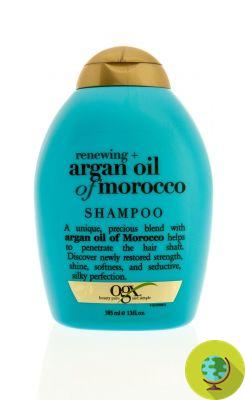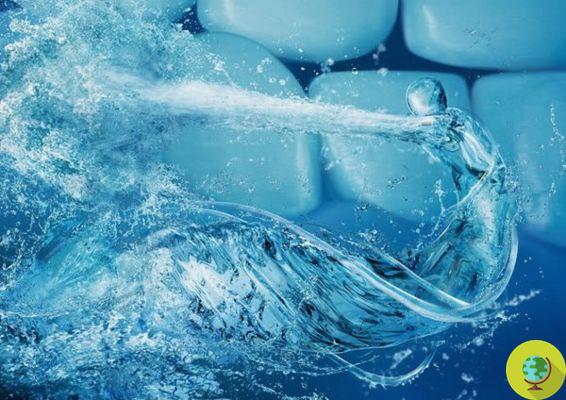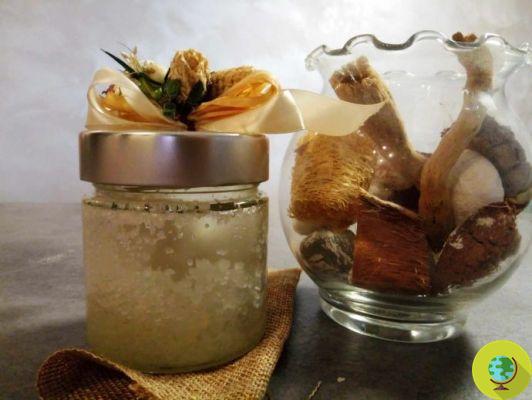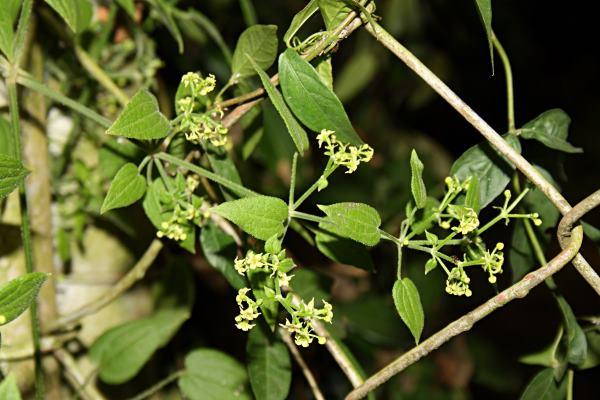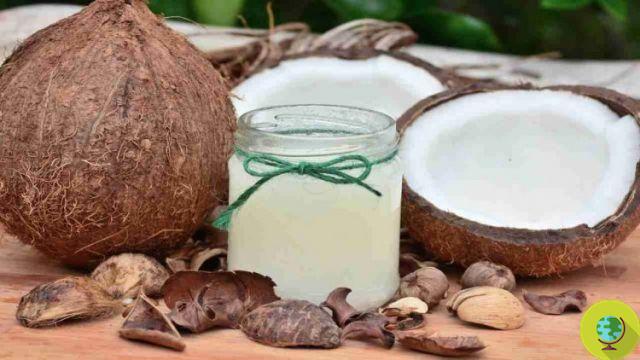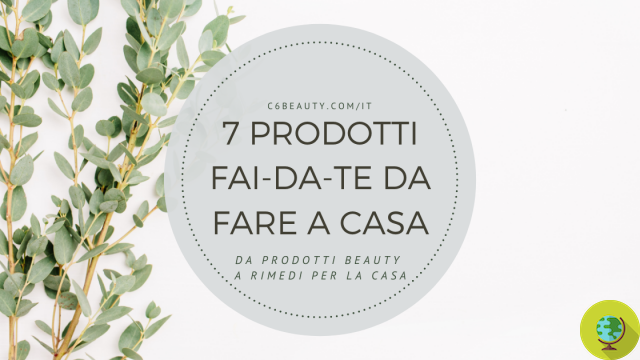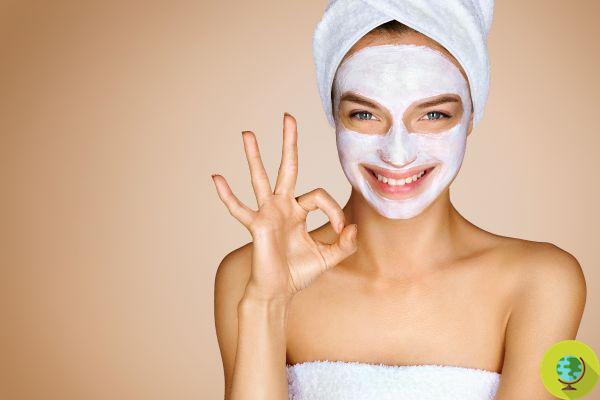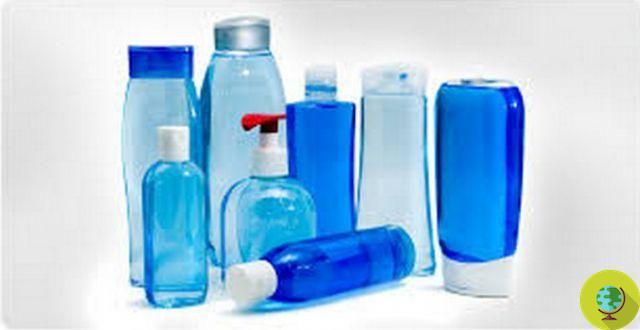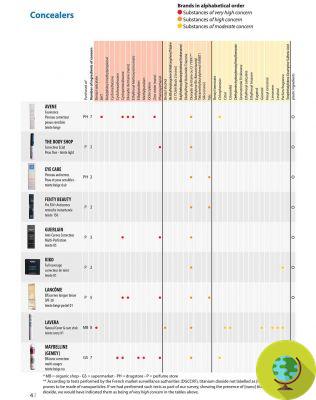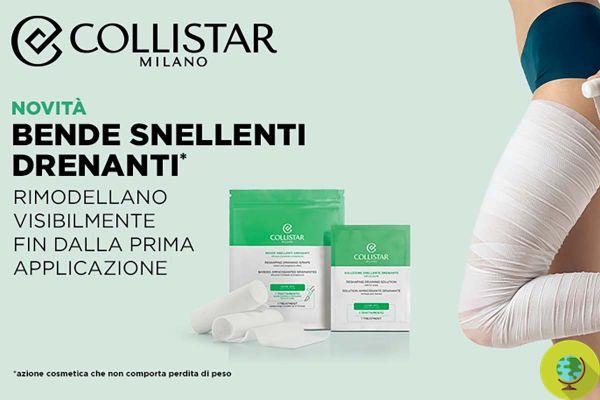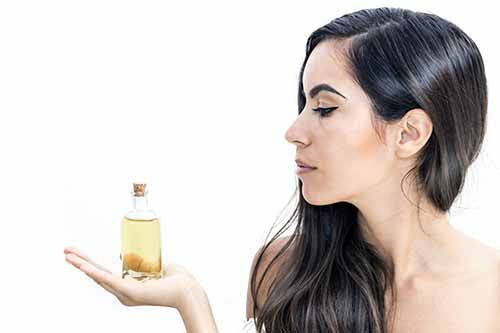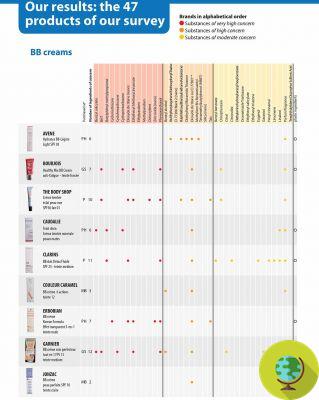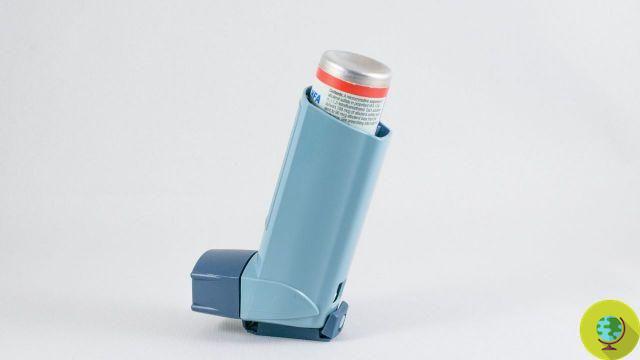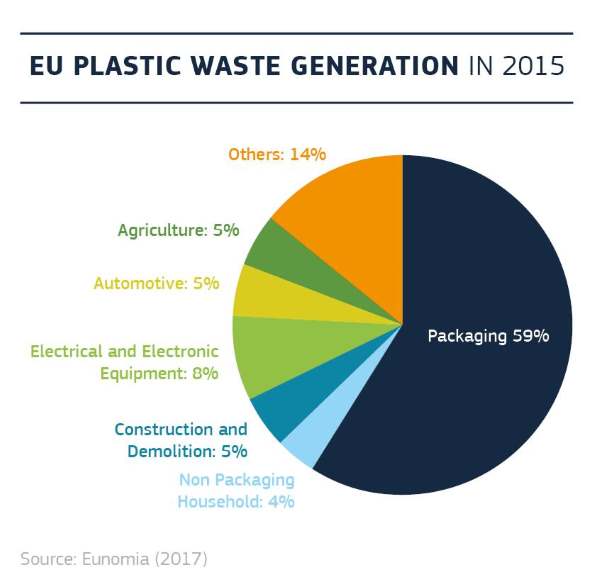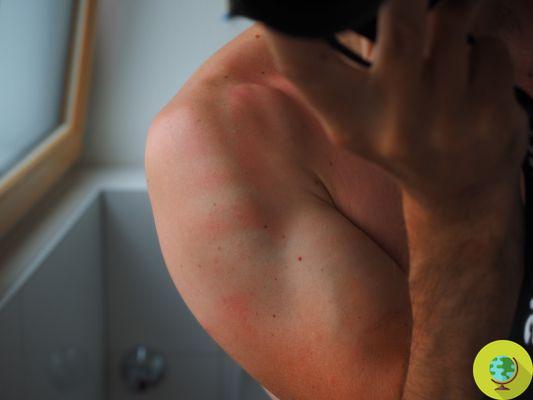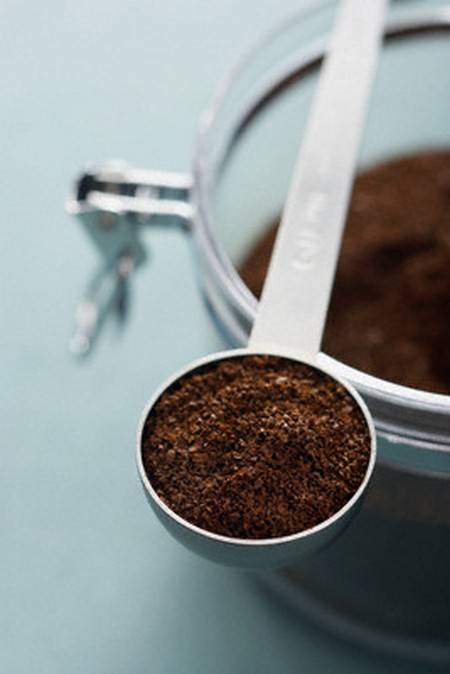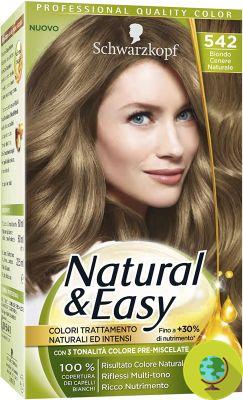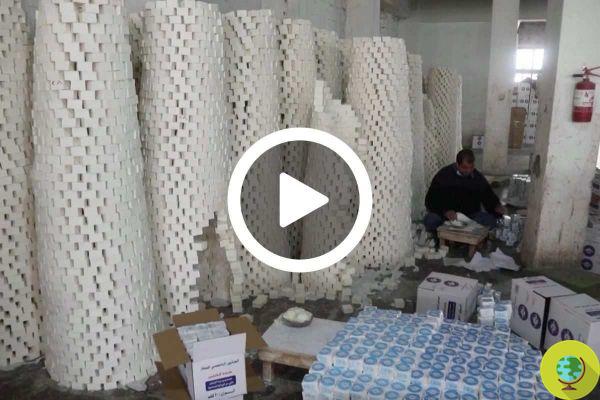
In a world of advanced industrial production methods, Palestinians in the West Bank city of Nablus use traditional techniques to make soap with olive oil, while preserving tradition and cultural heritage.
Nablus soap, also known as "the gold of Palestine", is a detergent of millenary origins with numerous beneficial properties, which is based on the use of olive oil. The soap factories that produce it, still following the ancient tradition, are now very few and the Touqan factory, in the city of Nablus, in the West Bank, is one of them.
Touqan was founded 150 years ago and still uses a manufacturing technique that takes at least 70 days. The recipe is also 100% natural and pure:
We do not add anything to the mixture. We only use olive oil, soda and water, according to the original Nablus soap recipe
said Ahmed Dweikat, a craftsman who has been working in the factory for thirty years.
The original Nablus soap is produced by these craftsmen using pure olive oil of first pressing. The oil is cooked for five days at low temperatures; a mixture is obtained which is poured onto cloths and, once dried, marked with a red wool thread, previously passed in a vegetable powder.
The wool serves to delimit the points where the Nablus soap will be cut and stamped, strictly by hand. This is why traces of red can be seen in the pieces of soap. Each large jar carries around four tons of soap paste and produces around 36.000 bars.
Olive oil is the main agricultural product of the area. In fact, the inhabitants of Nablus have been producing soap with this precious ingredient for centuries, originally within families, then, starting from the XNUMXth century, in small factories.
Today, half of Nablus' soap production is exported, but demand has decreased due to competition from modern soaps and large-scale productions. This has led to a sharp decrease in the factories producing this soap over the past 50 years.
The demand for the product decreases year after year. People and the younger generation do not like this type of soap, they want more from the soap, they want a soap that gives more lather like shampoo.
A real shame, considering that this type of cleanser, by virtue of its moisturizing properties, is among the best for the well-being of both skin and hair.
Indeed, Nablus soap:
- It guarantees a clean and hydrated skin in the most natural way possible
- Promotes cellular regeneration of the skin
- Acts as a natural remedy for dark spots and aging skin
- It is a natural and gentle make-up remover
- Helps relieve dry skin through exfoliation
- Prevents skin disorders such as psioriasis, acne and eczema
- Gently cleanses sensitive skin
- The antioxidant properties help repair skin damage by eliminating free radicals
- Hydrates the scalp and eliminates dandruff
- Promotes vitality, softness and natural shine of the hair
- It nourishes the hair from root to tip and strengthens the hair
Follow us on Telegram | Instagram | Facebook | TikTok | Youtube
Read also:
- Don't throw away the leftovers from the soap! Tricks for using solid soap down to the last bit
- Solid soap: pay attention to allergenic perfumes and fragrances, Palmolive among the worst in the German test
- Solid shampoo: what it is, how to use it and where to find it




